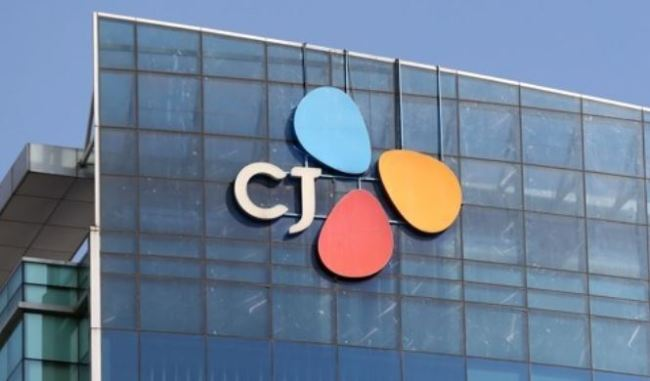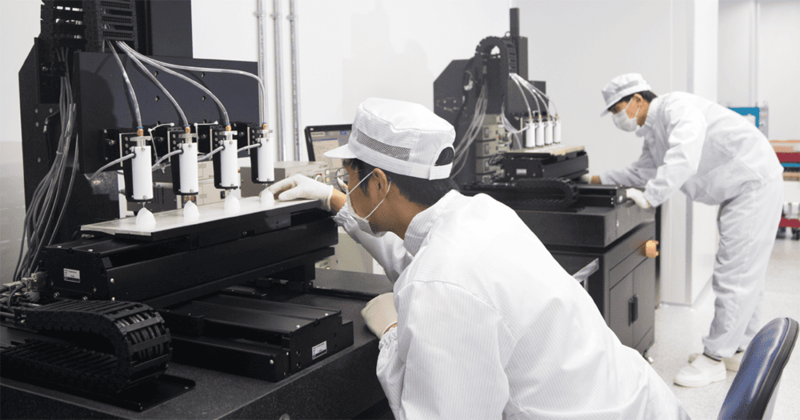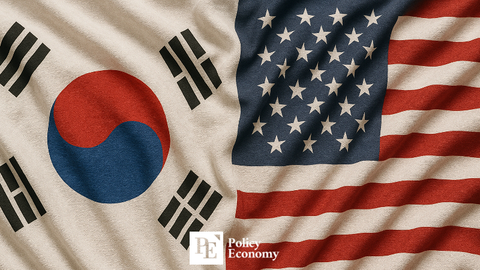Blackstone, Carlyle, and MBK Competing for CJ CheilJedang's Biotechnology Division
Input
Changed
Blackstone, Carlyle, MBK Vying for CJ CheilJedang’s Bio Business
The South Korean food giant CJ CheilJedang has recently drawn significant attention from global private equity firms, including Blackstone, Carlyle, and MBK Partners, as it prepares to sell its bio business unit valued at approximately $4.3 billion. This high-stakes transaction has sparked intense competition among potential buyers, with industry experts closely watching how the sale will reshape the company's future and South Korea's bio-industry landscape. The entry of investment giants such as Blackstone and Carlyle into this sale signifies a strategic transformation in the global biotechnology sector, in accordance with prevailing market trends that favor investments in biotechnology and food sciences.

The involvement of private equity firms in this deal highlights the strong financial appeal of CJ CheilJedang's bio business. The company, best known for its food products, has developed a lucrative biotechnology division specializing in amino acids, fermented ingredients, and other bio-based solutions. These items are crucial for pharmaceuticals, animal feed, and food production, rendering the business highly appealing to investors seeking reliable long-term earnings. Blackstone, Carlyle, and MBK, recognized for their assertive acquisition tactics, are keen to leverage the company's established market position and international distribution networks. This acquisition enables these enterprises to utilize CJ CheilJedang's infrastructure to enhance their presence in Asia's burgeoning biotech sector.
Food Giant CJ CheilJedang Eyes $4.3 Billion Sale of its Bio Unit
CJ CheilJedang's decision to divest its bio business comes as part of a broader corporate restructuring strategy. By focusing on its core food and beverage operations, the company aims to streamline its portfolio and enhance its profitability. The bio division, despite its revenue-generating capabilities, requires significant investments in research and development to maintain its competitive edge in the global market. As such, the sale allows CJ CheilJedang to redirect resources to its primary business areas, which include processed foods, frozen meals, and alternative proteins.
Morgan Stanley, serving as the lead advisor for the transaction, has reportedly engaged multiple potential buyers in preliminary discussions. The company's biotechnology section possesses significant global allure, with its innovative advancements benefiting multiple sectors. The sale is anticipated to draw both strategic purchasers aiming to enhance their operations and financial investors eager to capitalize on CJ CheilJedang's dominance in the biotechnology industry. This action prompts inquiries over the company's long-term strategy, as divesting a high-growth segment could affect its competitiveness in the worldwide market.
CJ CheilJedang's Financial Struggles Since Late 2023
The company's decision to sell its bio division is also influenced by its financial struggles. Since late 2023, CJ CheilJedang has faced continuous losses, with declining revenues and rising costs putting pressure on its operations. The global economic downturn, increasing raw material prices, and shifting consumer preferences have further exacerbated its financial difficulties. These challenges have led the company to seek strategic alternatives, including divestitures and cost-cutting measures.
The bio business, despite its strong market potential, has not been immune to the broader financial pressures. High operational costs and the need for constant innovation to stay ahead of competitors have weighed heavily on CJ CheilJedang's balance sheet. As a result, the planned sale of the bio division is seen as a necessary move to stabilize the company's financial position. However, market analysts have expressed concerns that the loss of a profitable and innovative segment could create more uncertainties about CJ CheilJedang's future growth. Investors and stakeholders are particularly worried about whether the company can maintain its market dominance without the revenue and technological advancements that the bio division provided.

Potential Buyers from China and Multiple PEFs
The sale of CJ CheilJedang's bio business has attracted interest from multiple private equity firms (PEFs) and Chinese buyers, adding another layer of complexity to the deal. Chinese firms, eager to expand their biotechnology and food security investments, see this acquisition as an opportunity to strengthen their global presence. With China's focus on self-sufficiency in critical industries, purchasing a leading South Korean bio business would align with its broader economic strategy. However, geopolitical concerns and regulatory challenges may complicate any deal involving Chinese buyers, as South Korea remains cautious about foreign investments in key industries.
Meanwhile, private equity firms such as Blackstone, Carlyle, and MBK Partners have a strong track record of acquiring and restructuring companies to enhance profitability. These firms could inject much-needed capital into CJ CheilJedang's bio business and provide strategic direction to maximize returns. However, the potential acquisition by a private equity firm raises concerns among employees and industry experts. PEFs often prioritize short-term financial gains, sometimes at the expense of long-term growth and workforce stability. Employees worry that cost-cutting measures, layoffs, or restructuring efforts could follow once a PEF takes control.
Many CJ CheilJedang employees are deeply concerned about the future of the company, fearing job losses and changes in management philosophy. The sentiment among workers is that neither a Chinese buyer nor a PEF-led acquisition would be in their best interest. A Chinese takeover could lead to shifts in business strategy and possible integration into Chinese supply chains, while a PEF acquisition might result in aggressive restructuring moves aimed at maximizing shareholder returns. Regardless of the outcome, it is clear that CJ CheilJedang is at a critical juncture, and the final decision will have long-lasting implications for its employees, investors, and the broader South Korean market.
Conclusion
The sale of CJ CheilJedang's bio business marks a significant turning point for the company and the South Korean biotechnology sector. With major private equity firms and Chinese buyers in the race, the outcome of this deal will shape the future trajectory of the bio industry in the region. While the sale may provide CJ CheilJedang with much-needed financial relief, it also raises concerns about the company's long-term strategy and its ability to maintain its market leadership.
As the bidding process unfolds, the company's employees remain anxious about the potential consequences of the sale. Whether CJ CheilJedang falls into the hands of a Chinese firm or a private equity giant, the impact on its workforce and corporate culture could be significant. Ultimately, the sale reflects the broader challenges facing South Korean conglomerates as they navigate a rapidly evolving global economy, where financial pressures and strategic realignments are reshaping industries at an unprecedented pace.





















